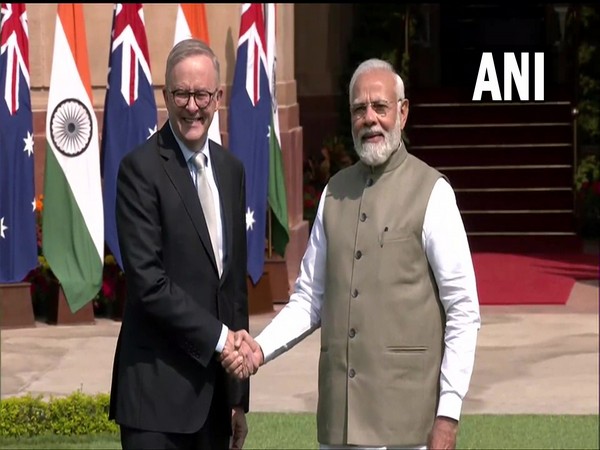India, Australia call for code of conduct in the champa sea

The seas off the Southern coast of China, the South East Asian Sea, is part of the Western Pacific Ocean. It is bounded in the north by the shores of South China (hence many call it South China Sea ), in the west by the Indo Chinese peninsula, in the east by the islands of Republic of Taiwan and north-western Philippines, and in the south by Indonesian islands encompassing an area of around 3,500,000 km2.
It communicates with the East China Sea via the Taiwan Strait, the Philippines Sea via the Luzon Strait, the Sulu Sea via the Strait around Palawan. The Strait of Malacca, the Singapore Strait, the Java Sea, the Karimata Strait and Bangka Straits are all connected to this south East Asian Sea. The Gulf of Thailand and Gulf of Tonkin and the shallow waters south of the Riau Islands are actually part of Natuna Sea.
The ancient and actual name of the sea is Champa Sea and this is what it should be called by India and all the ASEAN Nations and also by Australia and Japan.
India and Australia have now called for the Code of Conduct in the Champa Sea to be effective, substantive and fully consistent with international law, according to the joint statement released by both countries.
In the joint statement, Prime Minister Narendra Modi and his Australian counterpart Anthony Albanese reiterated the importance of adherence to international law, particularly the UN Convention on the Law of the Sea (UNCLOS) to meet challenges to the maritime rules-based order, including in the Champa Sea.
These remarks came after Albanese paid an official visit to India where he met PM Modi, President Droupadi Murmu, and External Affairs Minister S Jaishankar on Friday.
“The Prime Ministers underlined the importance of being able to exercise rights and freedoms in all seas and oceans consistent with international law, particularly the UNCLOS, including freedom of navigation and overflight,” according to the joint statement.
“They underscored the importance of disputes being resolved peacefully in accordance with international law without threat or use of force or any attempt to unilaterally change the status quo, and that countries should exercise self-restraint in the conduct of activities that could complicate or escalate disputes affecting peace and stability,” the statement added.
PM Modi and his Australian counterpart also reiterated their commitment to strengthening cooperation through the Quad.
The Australian PM looked forward to working closely with India to advance the Quad’s positive and practical agenda, including welcoming PM Modi to Australia for the 2023 Quad Leaders’ Summit
Both the PMs are looking forward to continuing to work together with Quad partners in the Indo-Pacific, to advance their shared vision for a region that is free, open, inclusive and resilient, and to deliver on commitments from the 2022 Quad Leaders’ Summit.
“The Prime Ministers welcomed progress on Indo-Pacific Economic Framework (IPEF), which will seek to strengthen regional economic cooperation and integration to address new and emerging opportunities and challenges in the Indo-Pacific, including in supply chains and the clean energy transition,” the statement read.
“They appreciated the Quad’s ongoing efforts to implement the Indo-Pacific Partnership for Maritime Domain Awareness (IPMDA) initiative, which will help enhance maritime domain awareness and support regional partners to counter challenges such as Illegal, Unreported and Unregulated (IUU) fishing and to respond to climate and natural disasters,” the statement added.
PM Modi and PM Albanese reaffirmed their commitment to ASEAN centrality and the ASEAN-led regional architecture, including working closely together through the East Asia Summit (EAS).
They noted the close cooperation between India and Australia under the Indo-Pacific Oceans Initiative (IPOI) aimed at better management of shared maritime domain by enhancing cooperation in preserving maritime ecology, reducing the impact of marine pollution, ensuring sustainable use of marine resources and reducing the impact of climate change.
In this regard, they agreed to continue their close cooperation under various multilateral mechanisms such as ISA, Coalition for Disaster Resilience Infrastructure (CDRI), EAS and Indian Ocean Rim Association (IORA).



